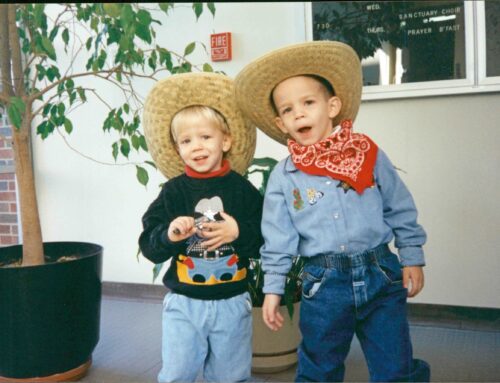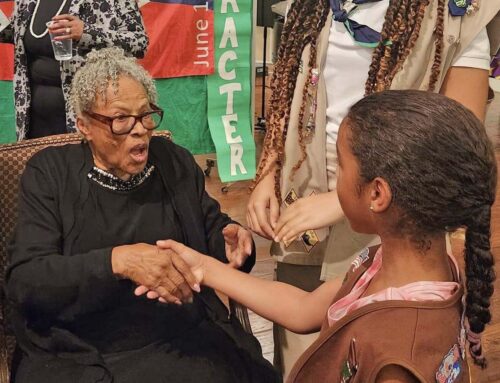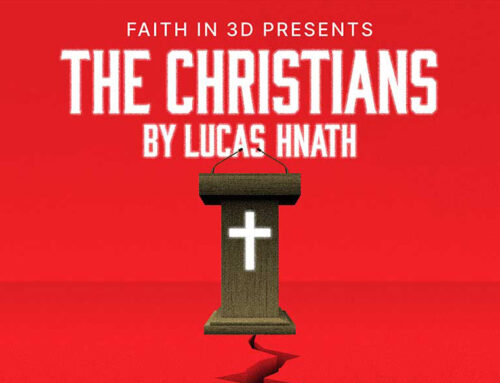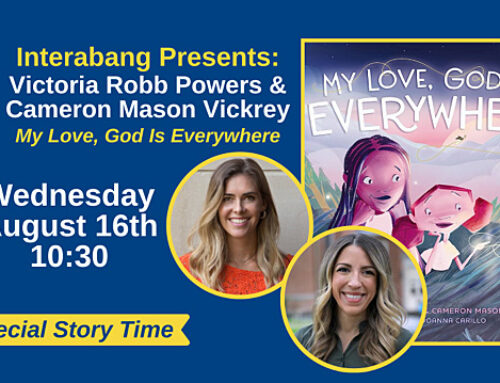
Photo courtesy of Robert Zunikoff/Unsplash
I turn to Scripture to learn about cultivating gratitude amidst life’s trails. This Thanksgiving month, we find ample material in the Book of Genesis, which Jewish communities around the world are reading at this season.
When Sarah was barren, Hagar bore a son to Abraham, named Ishmael. As the boys grew up together, Sarah feared that her son Isaac’s future inheritance was at risk, so Sarah and Abraham banish Hagar and Ishmael to the wilderness. When mother and son run out of water, Hagar sits down and cries, and in her moment of despair, a messenger of God appears and asks her:
“What troubles you, Hagar? Fear not, for God has heeded the cry of the boy where he is. Come, lift up the boy and hold him by the hand, for I will make a great nation of him. Then God opened her eyes, and there was a well of water. She went and filled the skin with water and let the boy drink. God was with the boy, and he grew up.” (Genesis 21:17-20).
From this story, we are challenged to expand our vision beyond our own needs, an essential expression of gratitude. The divine messenger asks a simple question that makes room for Hagar’s heart: “What troubles you?”
Questions are the opening to empathy. If a coworker’s eyes fill with tears during a meeting, do we remain on task and assume we know what troubles him or her? And what about those we don’t know well, who pro-vide a service that benefits us? Do we wonder about them when it’s evident they are struggling?
Curiosity can illuminate where we are as individuals and as a community. Are our eyes open to what is happen-ing around us and to what the future might bring? The angel’s question “what troubles you?” — the question of seeing and response — still resounds in our day, teaching us to choose a more just and compassionate world. This choice starts right in our own families and neighborhoods.
Like Hagar, we may be overcome by the fear that all is lost. We might tend to avert our eyes from the world around us. At times, this can be the only way to cope, a necessary step in making our way forward. However, if casting our eyes aside becomes a more permanent state of being, we can miss sources that will sustain us through life’s trials. Especially in these moments, a force greater than ourselves, what we call “God” of many different names can help lift our eyes.
In our celebration of harvest, the Genesis account reminds us what it means to see. To see the caring souls who embrace us when we are heart-broken after the loss of our partner, our best friend. To visualize our pain transforming over time with the trust-ed help we need.
Hagar embodies the kind of seeing that helps us taste a sense of hope and feel gratitude for the spiritual sustenance ever within and around us.





